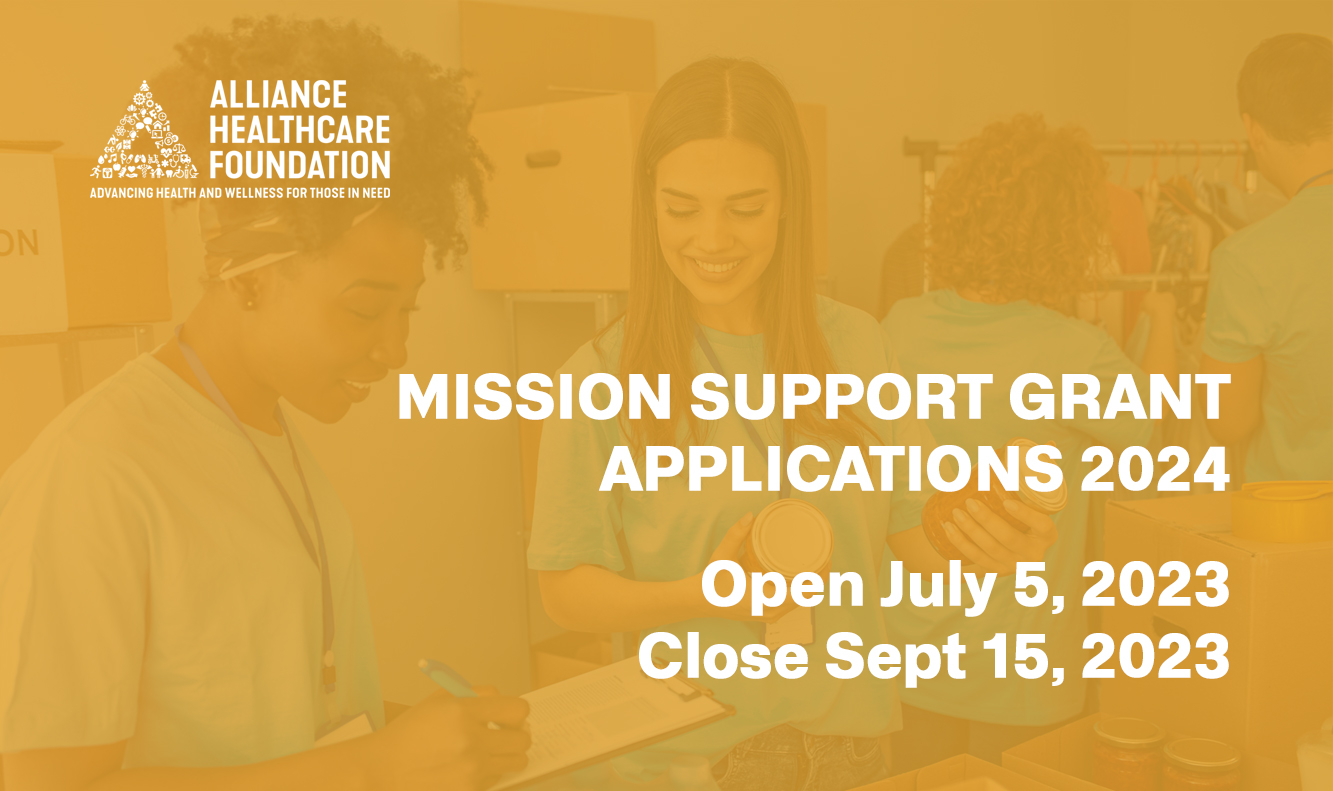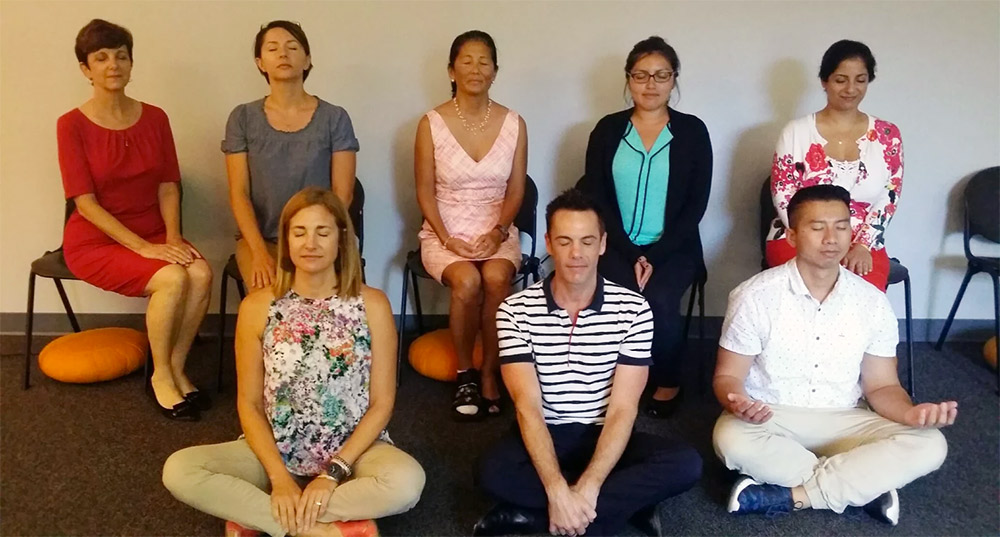August 22, 2016
The word “mindfulness” has become popular in conversations recently as more and more studies are proving that people who are practicing a type of meditation called “Mindfulness” are becoming healthier than those who do not.
Mindfulness is a mental state achieved by focusing one’s awareness on the present moment, while calmly acknowledging and accepting one’s feelings, thoughts, and bodily sensations, used as a therapeutic technique.
Mindfulness also involves acceptance, meaning that we pay attention to our thoughts and feelings without judging them—without believing, for instance, that there’s a “right” or “wrong” way to think or feel in a given moment. When we practice mindfulness, our thoughts tune into what we’re sensing in the present moment rather than rehashing the past or imagining the future.
Does mindfulness really work?
Studies have shown that practicing mindfulness, even for just a few weeks, can bring a variety of physical, psychological, and social benefits.
- Mindfulness is good for our minds: Several studies have found that mindfulness increases positive emotions while reducing negative emotions and stress. Indeed, at least one study suggests it may be as good as antidepressants in fighting depression and preventing relapse.
- Mindfulness is good for our bodies: A seminal study found that, after just eight weeks of training, practicing mindfulness meditation boosts our immune system’s ability to fight off illness.
- Mindfulness fosters compassion and altruism: Research suggests mindfulness training makes us more likely to help someone in need and increases activity in neural networks involved in understanding the suffering of others and regulating emotions. Evidence suggests it might boost self-compassion as well.
So we tried mindfulness for ourselves

“I have been meditating since 1981 and always enjoy when I take the time to actually sit down and meditate. As a part of our iEngageU effort to bring health and wellness into our office we offered a mindfulness session through UC San Diego Mindfulness Center for our staff and suite mates at San Diego Grantmakers and The California Endowment.
The day of the session my calendar was crammed packed. The only time I had to myself was during lunch and I was thinking about not attending the session. An hour at my desk would be so great! But, boy was I glad I went!
Meditation, or “mindfulness,” is so very relaxing. I felt the stress leave my body and loved the reminder to just stop and breathe deeply for 3-5 breaths every now and then. It was probably the best hour I spent that day!”
Bryan Fisher, Operations Manager
“By nature, I am not a meditator. My limited historical yoga/meditation experiences through high end gyms and spas have left me feeling inadequate and frustrated. My conclusion has been that slowing down to reset is hard work which I don’t have time for!
The all too short iEngageU training session at UCSD Center for Mindfulness taught me that being mindful isn’t right, wrong or overly complicated. The instructor, Noriko, did an amazing job of making the group feel comfortable. The main session went by much quicker than I expected. I could actually feel myself become more aware of my breathing and the impact of how that awareness helped me to reset from a busy day.
The most insightful revelation was learning that I can kick my shoes off, “ground” myself and focus on breathing (a core body function which is always there) for 10 minutes whenever I’m feeling a bit overwhelmed or stressed during the day.
Thank you, Noriko, for transforming my dread of attending the session into a gift of incorporating mindfulness into a busy day!”

“I love the idea of meditating – it is so zen – so the right thing to do. Everyone should meditate – but finding 20 minutes to sit still, clear your mind and listen to your breath? Who has time for that?
Almost three years ago I started practicing yoga on a weekly basis, and I work hard to meditate often. Not always successfully, but it is a practice right?! And I have seen an improvement in both my health conditions and response to stress. I find it is easier to remember to take deep breaths when under stress and recognize those shallow breaths that are stress related.”
There are studies that relate stress and anxiety to common causes of illness and that can lead to chronic disease. The management of stress and anxiety may play a part in relief from chronic disease by way of counteracting the stress response and boosting the immune system.
“In early studies of meditation, the cardiologist Herbert Benson, at Harvard, demonstrated that practicing meditation 20 minutes twice-a-day was sufficient to bring about significant reductions in blood pressure in many people. The exact number of minutes of daily practice to bring benefits for large populations is not well understood, and, in truth, it probably varies based on a number of considerations. Generally, however, we can say that regular, daily meditation practice of at least 30 minutes or more is very likely to bring benefits to the person who does it.”
 Mindfulness is a simple cure for so many things
Mindfulness is a simple cure for so many things
“Meditation is the antidote. By reducing the production of stress hormones, it counteracts all the stress-related changes in the body, giving a boost to the immune system and helping to prevent and manage chronic disease. It also helps prevent and treat cardiovascular disease and can even reduce cholesterol and blood sugar levels.”
Meditating does not have to be sitting on a pillow, legs crossed, fingers in gyan mudra. On Tuesday we did a moving meditation, standing and grounding our feet to the earth, slowly moving our arms in the air, listening to our breath. The time flew by.
Michele shared a favorite Zen proverb that makes so much sense for the majority of us:
“You should sit in meditation for twenty minutes every day — unless you’re too busy. Then you should sit for an hour.”
There are many mindfulness apps that can help you meditate by setting an alarm to alert you to meditate, or to guide you through a short meditation.
You can also contact the UC San Diego Mindfulness Center to learn more about their multi-faceted program of clinical care, professional training, education, research and outreach intended to further the practice and integration of mindfulness into all aspects of society.
Contribute towards our learning about Mindfulness and Meditation
Have you tried meditation? What was your experience? If you haven’t tried it – do you think you will now? We’d love to hear from you!
References
Related News

Jul 5, 2023
2024 Mission Support-open
Open Request for Grant Applications: 2024 Mission Support APPLY HERE [...]
Sep 26, 2017
Food Insecurity a Real Problem in San Diego and Imperial Counties
Having just written about obesity fueling the epidemic of prediabetes [...]
Aug 30, 2017
Majority of Californians Are Prediabetic or Diabetic: What Do We Do?
According to a 2016 UCLA study, the majority of adults [...]

 Mindfulness is a simple cure for so many things
Mindfulness is a simple cure for so many things